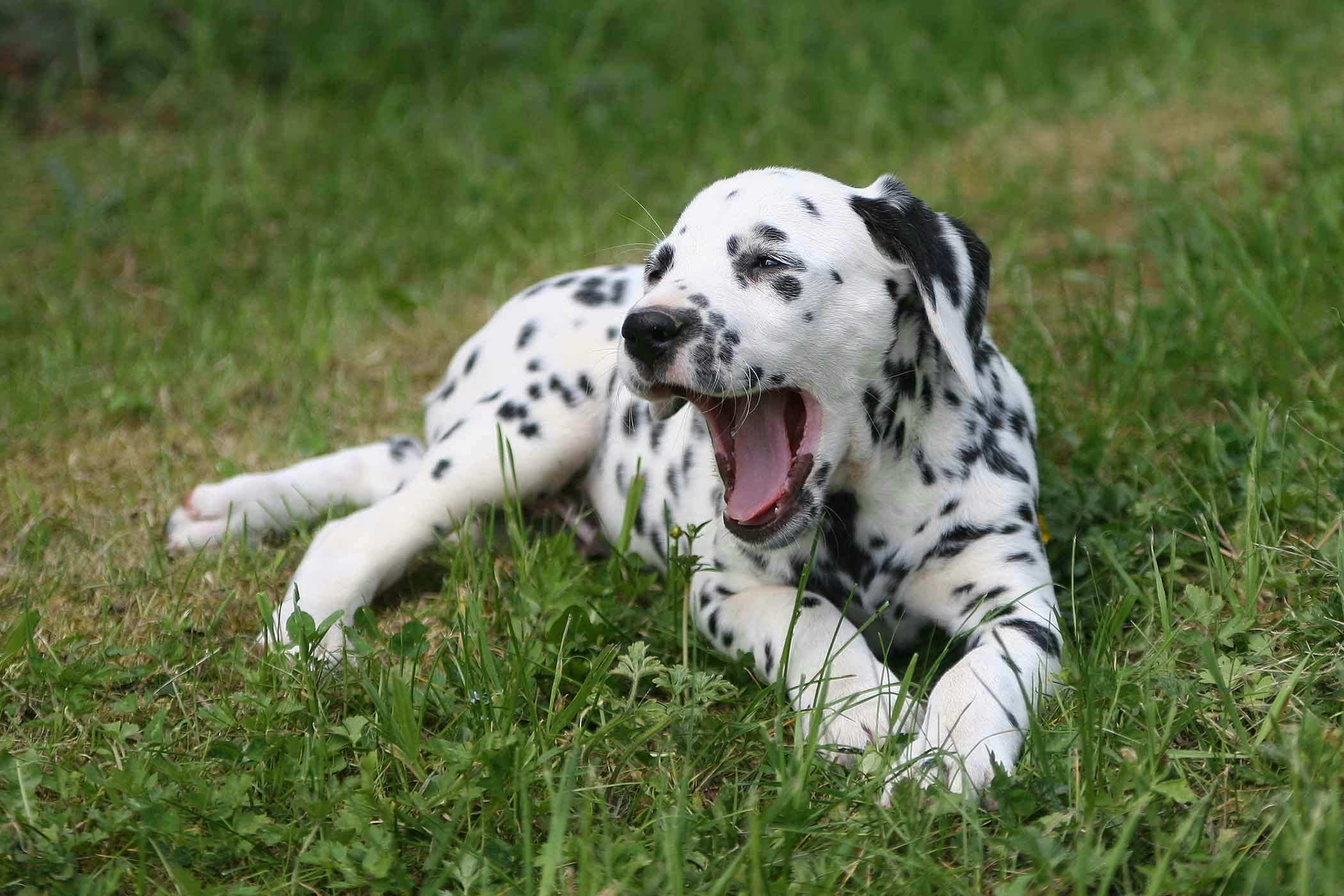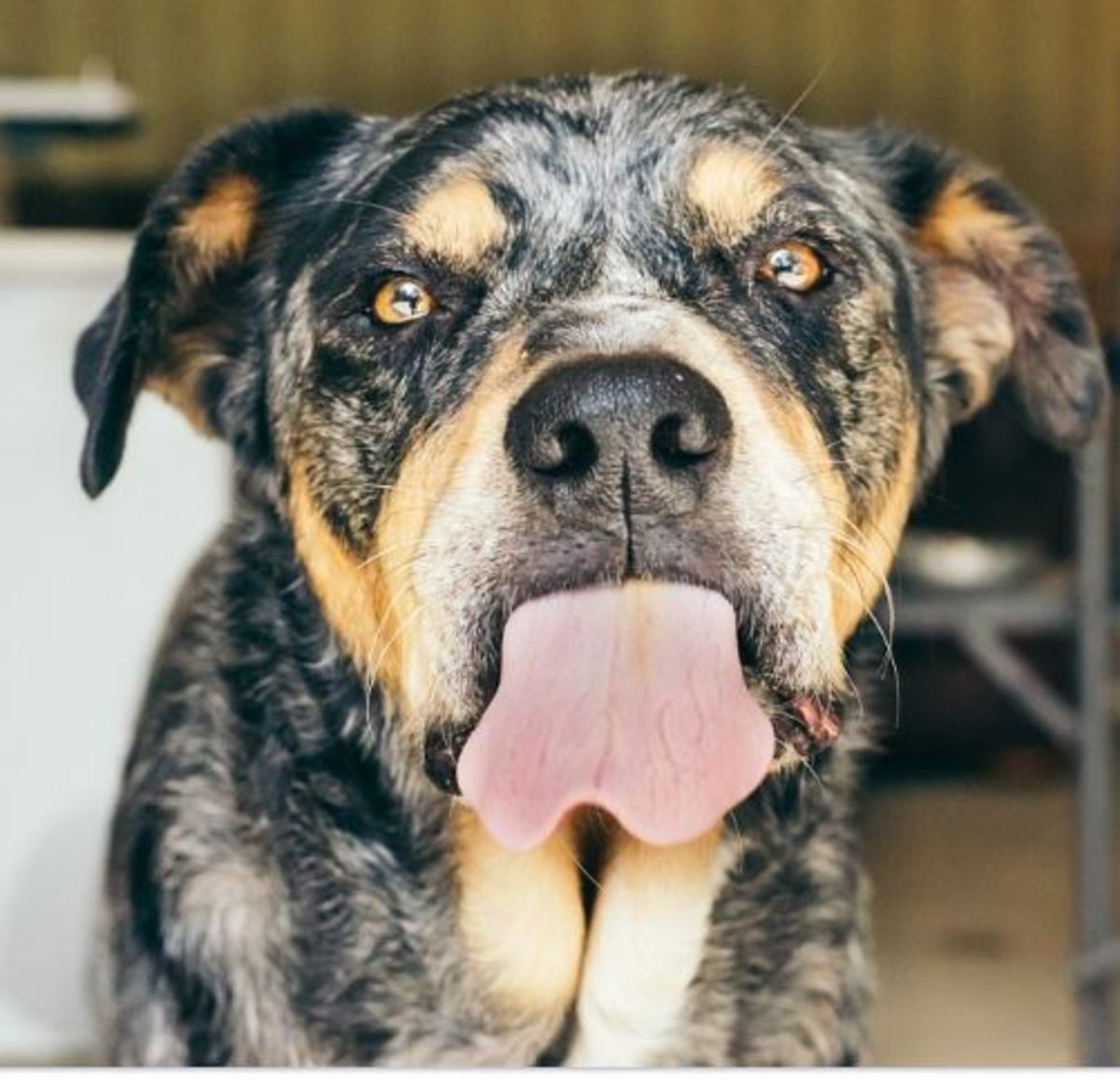Ever wondered why your furry friend can't stop licking everything in sight? From the floor to your hands, and even random objects, it's a behavior that can leave you scratching your head. Dog is licking everything might sound harmless, but there could be deeper reasons behind this habit. So, let's dive into the world of doggy licks and uncover what's really going on with our beloved companions.
Picture this: you're sitting on the couch, watching your favorite show, when suddenly your dog starts licking the carpet like there's no tomorrow. Or maybe they're obsessively licking their paws or your face. While some licking is normal, excessive licking can sometimes indicate something more serious. Understanding why your dog is licking everything is the first step toward helping them.
As a pet owner, it's crucial to recognize when licking crosses the line from cute to concerning. This guide will walk you through the possible reasons behind this behavior, offer solutions, and provide expert advice to ensure your furry friend stays happy and healthy. So, let's get started!
- Coffee Table Tray The Ultimate Guide To Elevate Your Living Room
- Shaken Espresso With Cold Foam The Coffee Trend Thats Got Everyone Buzzing
Understanding the Basics: Why Dogs Lick
Dogs are naturally curious creatures, and licking is one of their primary ways of exploring the world. But why exactly do they do it? Licking serves multiple purposes, from communication to comfort. Here's a quick breakdown:
- Licking as a form of communication
- Expressing affection toward humans or other animals
- Seeking attention or comfort
- Exploring their surroundings
While occasional licking is normal, excessive licking can sometimes point to underlying issues. Whether it's anxiety, boredom, or even a medical condition, understanding the root cause is key to addressing the behavior.
Common Reasons Why Your Dog Is Licking Everything
So, why exactly is your dog licking everything in sight? Let's take a closer look at some of the most common reasons:
- Chappell Roan Bonnaroo Stage The Ultimate Festival Experience You Dont Want To Miss
- Billy Donovan Age Unveiling The Legacy Of A Basketball Icon
1. Anxiety or Stress
Anxiety is a common culprit behind excessive licking. Just like humans, dogs can experience stress due to changes in their environment, separation anxiety, or even loud noises. Licking becomes a coping mechanism, much like how some people bite their nails.
Pro Tip: If you suspect anxiety, try creating a calming environment for your dog. A cozy bed, soothing music, or even a thunder jacket can help reduce stress levels.
2. Boredom or Lack of Stimulation
Dogs need mental and physical stimulation to stay happy and healthy. Without enough activity, they may resort to licking as a way to pass the time. Think of it like a doggy version of scrolling through social media!
Fun Fact: Interactive toys and puzzle feeders can be great ways to keep your dog entertained and reduce unwanted behaviors like excessive licking.
3. Medical Conditions
Sometimes, excessive licking can indicate an underlying medical issue. Conditions like allergies, skin infections, or even gastrointestinal problems can cause dogs to lick compulsively. If you notice your dog licking specific areas repeatedly, it's worth consulting a vet.
How to Tell if Licking Is a Problem
Not all licking is problematic, but how do you know when it's time to intervene? Here are a few red flags to watch out for:
- Excessive licking that interferes with daily activities
- Licking specific areas until they become raw or irritated
- Changes in behavior or mood alongside licking
If you notice any of these signs, it's important to address the issue promptly. Early intervention can prevent potential complications and ensure your dog remains healthy and happy.
Effective Solutions for Excessive Licking
Now that we understand the reasons behind excessive licking, let's explore some practical solutions. Here's what you can do to help your furry friend:
1. Increase Physical and Mental Stimulation
Providing your dog with enough exercise and mental challenges can significantly reduce unwanted behaviors. Try incorporating daily walks, playtime, and interactive toys into their routine.
2. Address Anxiety or Stress
If anxiety is the root cause, consider using calming aids like pheromone diffusers, music therapy, or even professional training. Sometimes, a little extra support can make a big difference.
3. Rule Out Medical Issues
Consulting a vet is always a good idea if you suspect a medical condition. They can perform tests to rule out allergies, infections, or other health concerns that might be contributing to the licking.
Preventing Future Licking Episodes
Prevention is always better than cure, and there are several steps you can take to minimize excessive licking in the future:
- Establish a consistent routine for feeding, exercise, and playtime
- Provide plenty of mental stimulation through toys and puzzles
- Monitor your dog's behavior for any signs of stress or discomfort
By staying proactive, you can help your dog develop healthier habits and reduce the likelihood of excessive licking.
When to Seek Professional Help
Sometimes, despite our best efforts, excessive licking persists. In such cases, it may be time to seek professional help. Here's when you should consider reaching out:
- When licking becomes obsessive and uncontrollable
- If your dog shows signs of pain or discomfort
- When home remedies and behavioral interventions fail
Remember, a professional trainer or vet can offer personalized advice and treatment plans tailored to your dog's specific needs.
Real-Life Stories: Success Stories from Dog Owners
Hearing from other dog owners can be incredibly reassuring. Here are a few success stories from pet parents who tackled excessive licking:
Story 1: Max's Journey to Calmness
Max, a golden retriever, used to lick everything in sight. His owner discovered that anxiety was the root cause and introduced calming techniques like music therapy and daily walks. Within weeks, Max's licking decreased significantly.
Story 2: Bella's Allergy Breakthrough
Bella, a beagle, was constantly licking her paws until her owner consulted a vet. It turned out she had a food allergy. Switching to a hypoallergenic diet solved the problem and improved her overall health.
Expert Insights: What the Experts Say
We reached out to Dr. Emily Carter, a renowned veterinarian, for her take on excessive licking:
"Excessive licking is often a sign of underlying issues, whether emotional or physical. As pet owners, it's crucial to pay attention to our dogs' behaviors and address any concerns promptly. Early intervention can prevent more serious problems down the line."
Conclusion: Taking Action for Your Dog's Well-Being
In conclusion, understanding why your dog is licking everything is the first step toward helping them. Whether it's anxiety, boredom, or a medical condition, there are practical solutions to address the behavior. By increasing stimulation, addressing stress, and consulting professionals when needed, you can ensure your furry friend stays happy and healthy.
So, what's next? Take a moment to reflect on your dog's behavior and consider implementing some of the strategies we discussed. And don't forget to share this article with fellow dog owners who might find it helpful. Together, we can create a happier, healthier world for our beloved pets!
Table of Contents
- Understanding the Basics: Why Dogs Lick
- Common Reasons Why Your Dog Is Licking Everything
- How to Tell if Licking Is a Problem
- Effective Solutions for Excessive Licking
- Preventing Future Licking Episodes
- When to Seek Professional Help
- Real-Life Stories: Success Stories from Dog Owners
- Expert Insights: What the Experts Say
- Conclusion: Taking Action for Your Dog's Well-Being
- Who Died Today At 55 Unveiling The Latest Celeb Departures And Their Legacy
- Matt And Abby Cheating The Untold Story Behind The Drama


